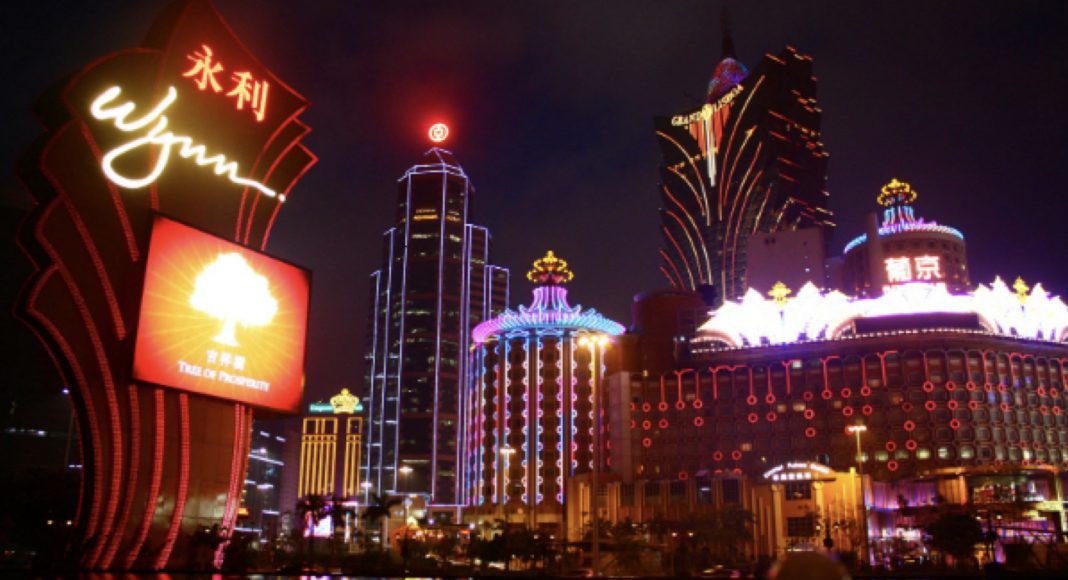Authorities in Macau have backpedalled on a previously announced plan to open up to quarantine-free visitation from Hong Kong.
The plan would have allowed vaccinated visitors from the financial hub to visit Macau, under certain circumstances, requiring them to remain within designated areas of their hotel.
Given Macau’s current prohibition of all visitation by foreigners, only allowing in residents of Chinese territories, the new plan was unlikely to allow foreign tourists to enter the SAR.
Authorities previously said they were still discussing whether the casino floor would be on the list of areas which Hong Kong visitors were prohibited from going to.
However the list was focused on areas which would not require masks, such as swimming pools, bars, karaokes and party venues.
Masks are still mandated in all gaming floors in Macau and brokerage Bernstein, in a recent note, opined that “certain … areas of the casino will be for HK players only (i.e., converted junket rooms etc.)”, although no new indications of such have yet been given by the health bureau.
Macau authorities now say that they have scrapped a previous plan to allow in the vaccinated Hong Kong visitors if 14 days passed without the neighboring city recording new local infections.
This comes after a cleaner at a hotel in Hong Kong was infected with COVID, justification used by Macau authorities to essentially reset the countdown clock and call into question the 14 and 28 day objectives previously set.
Hong Kong authorities have since reclassified the case from local to “related to imported infections”, meaning Monday marks the 28th consecutive day without local infections in the city.
Bernstein analysts also estimate that the paused plan could have brought a 13 percent boost to Macau’s daily visitation, based upon a quota of 3,000 visitors per day.
This is based on reports indicating 10 buses and 15 ferries running daily between the two cities, capped at 50 percent capacity.
Some 51 hotels had already agreed to participate in the new visitation plan, offering some 2,700 hotel rooms.
Hotel occupancy rates for May reached just 68.2 percent, while the January to May period saw a 54.6 occupancy rate of Macau’s hotels.
Prior to the Monday announcement by health authorities, the head of Macau’s tourism bureau estimated that hotel occupancy could “gradually rebound”, reaching up to 80 percent during Chinese school holidays and the traditional family travel period.
Macau authorities today clarified that any final decision on travel bubbles would be dictated by Mainland China, including the possible opening to Hong Kong, while noting that no other negotiations were underway regarding further opening up to other countries or regions.
Mainland China is the only region with quarantine-free entry into Macau, however certain travel restrictions do exist for visitors from neighboring Guangdong and the Yunnan province.
Also in the Monday press conference, Macau health authorities reiterated that casino employees could not be forced to get vaccinated by their employers, as reports circulated about bonuses only being offered to inoculated staff.
Macau has undergone a large-scale vaccination drive for employees of its gaming concessionaires, aimed at vaccinating 10,000 people.
On Monday, operator MGM China indicated that more than half of its staff had been vaccinated.











